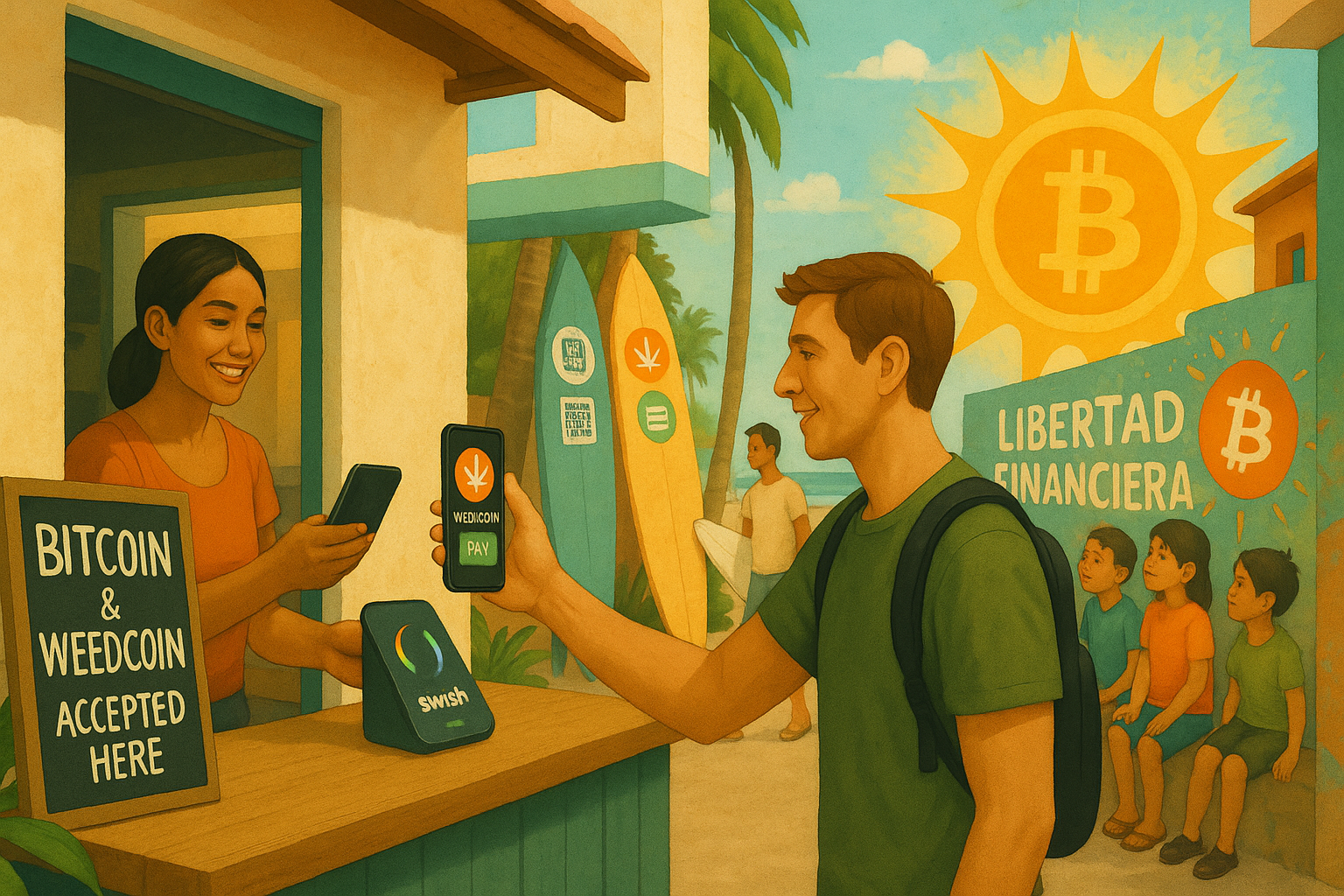Crypto Around the World: Cashless Innovation in Sweden, China, and El Salvador
What Sweden, China, and El Salvador teach us about the future of money
While crypto conversations often feel futuristic, the shift toward a cashless society is already unfolding — country by country, culture by culture. In many regions, paper money is rapidly disappearing. But the real story isn’t about cash—it’s about control, innovation, and access.
From Scandinavia’s sleek fintech ecosystems to Latin America’s bold adoption of Bitcoin, governments and citizens alike are exploring what happens when value goes fully digital. Some are building policy frameworks. Others are starting revolutions. Together, they reveal a global roadmap for how crypto might replace — or reinvent — the concept of currency.

Sweden: The Most Cashless Country on Earth
Sweden leads the world in abandoning cash. In fact, less than 10% of transactions are now handled in physical bills or coins. With Swish (its government-backed mobile payment system) and widespread banking access, Swedes seamlessly pay using phones, watches, or even biometric IDs.
But Sweden’s transition isn’t just about convenience — it’s about infrastructure and culture. High digital literacy, strong institutions, and public trust in innovation have created an environment where a cashless society feels not just possible, but natural.
Yet Sweden also offers a caution: without alternatives like decentralized crypto, digital dependence can centralize power. What happens if the system fails — or gets hacked?
China: Centralized Innovation at Full Speed
In contrast to Sweden’s open market approach, China has engineered its cashless shift with top-down velocity. Mobile payment apps like Alipay and WeChat Pay dominate daily life, even for street vendors and taxis. QR codes are more common than coins.
Now, China is piloting its Digital Yuan — a state-backed central bank digital currency (CBDC). This gives the government unprecedented visibility into financial activity, potentially blending convenience with surveillance.
What China proves is scale: the technology works. But it also raises questions about freedom, transparency, and privacy. In crypto terms, China’s system is digital — but not decentralized.
El Salvador: The First Country to Bet on Bitcoin
In 2021, El Salvador made history by declaring Bitcoin legal tender. Suddenly, a decentralized currency shared the same status as the U.S. dollar — accepted for taxes, payments, and commerce. The move sparked global debate: was this innovation or instability?
The rollout faced hiccups — technical issues, education gaps, and market volatility. But it also sparked something deeper: a national conversation about financial inclusion. For the 70% of Salvadorans previously unbanked, crypto offered a first step into the financial system.
El Salvador’s boldness represents what’s possible when crypto is used to solve local challenges — not just chase global trends.
Lessons Learned and the Road Ahead
These three nations show us that cashless doesn’t mean the same thing everywhere. For some, it’s about efficiency. For others, control. For many, it’s about access.
The future likely blends all three:
- Governments building regulated digital currencies
- Citizens using decentralized tools to protect autonomy
- Cultures adapting based on local needs, trust, and tech
This is where purpose-driven tokens like WeedCoin can thrive. Not as replacements for national systems — but as cultural currencies that support creators, local economies, and peer-to-peer networks beyond borders.
WeedCoin isn’t trying to replace governments. It’s trying to give people another layer of choice, ownership, and participation—in a way that resonates with culture, not control.
Practical Tips
- Study how your country handles digital payments and what regulations are in place.
- Compare centralized vs decentralized systems — look at China’s Digital Yuan vs El Salvador’s Bitcoin model.
- Explore how local businesses in your area accept crypto and what tools they use.
- Use wallets like Phantom to practice peer-to-peer transactions and experience real crypto utility.
- Think globally, act locally: support crypto projects that reflect your values and your community.
Key Takeaways
- Countries like Sweden, China, and El Salvador are leading the shift away from cash.
- Each model offers insight into different priorities: convenience, control, or inclusion.
- Decentralized crypto tools complement — not replace — national systems.
- WeedCoin represents a cultural currency that empowers communities and creators.
- Global adoption will vary, but the trend toward digital value is universal.
The cashless future isn’t one-size-fits-all. It’s unfolding uniquely in every country, city, and street corner. Some governments push it. Some people build it. Some cultures remix it.
Crypto offers a chance to participate — not just observe. And the more we learn from the world, the better we can shape the next chapter.













